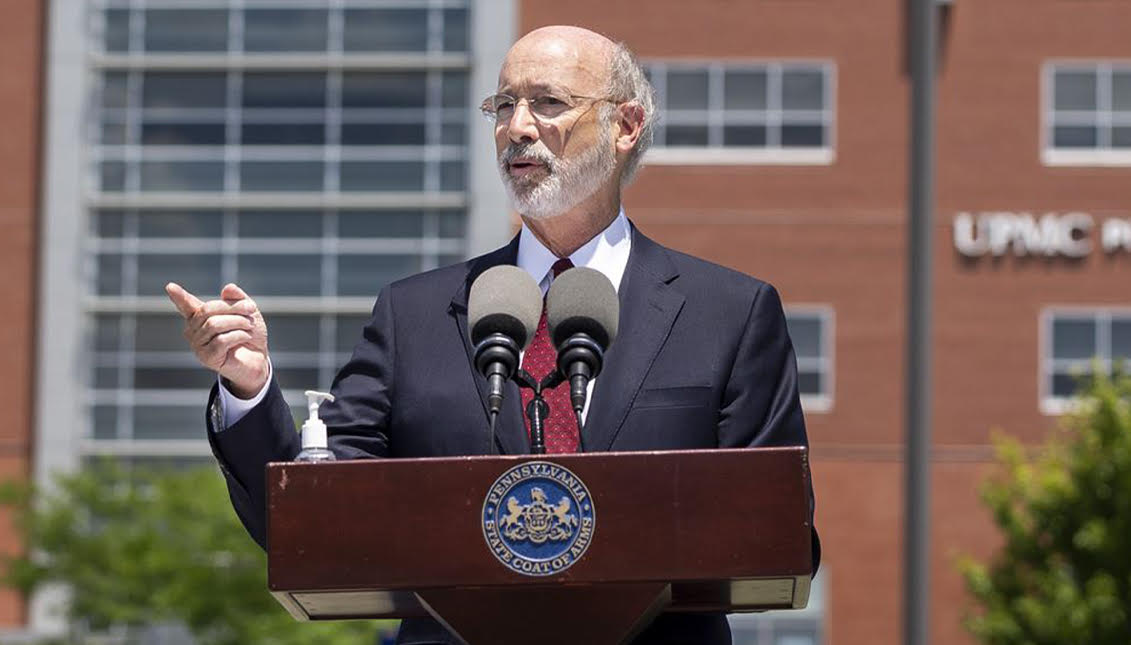
Pennsylvania's Eviction Moratorium is over, so what now?
Monday, Aug. 31, was the last day of eviction moratorium in the state of Pennsylvania, meaning tens of thousands of households are now at risk across the…
It almost feels repetitive to say that COVID-19 has shaken the world and that it has created a bigger gap in disparity and poverty among the U.S. population. Still, the pending eviction crisis is yet another example.
As the months have rolled by, as if ripping pages from the calendar, so has the time for each eviction moratorium.
After extending the moratorium again in July, Governor Tom Wolf has stated that ordering another extension is no longer his jurisdiction and is now calling on the state legislature to step in.
Grassroots and local political leaders across the state joined him.
Philadelphians are struggling against reduced unemployment benefits, rising gun violence, and the ongoing threat of COVID-19.
— Councilmember Kendra Brooks (@KendraPHL) September 1, 2020
It would be short-sighted and heartless to allow the eviction moratorium to expire without additional planning and preparation.https://t.co/JIOPWUcm04
However, the Trump administration announced on Tuesday, Sept. 1, that it is placing an extension on the eviction moratorium through the end of the year effective immediately.
The Center for Disease Control and Prevention announced the relieving news as a measure to continue implementing social-distancing and to allow the country to get a handle on the economic crash caused by the pandemic.
The moratorium will apply to those who earn less than $99,000 a year and are unable to make their rent or mortgage payments.
The White House spokesman Brian Morgenstern told reporters on Sept. 2 that “President Trump is committed to helping hard-working Americans stay in their homes and combating the spread of the coronavirus.”
Though it is unclear how the move is going to affect the landlords, it gives Americans a chance to recuperate from the economic devastation caused by the pandemic.
RELATED CONTENT
Those seeking protection must prove that they are unable to pay their rent because of the crisis and that, without assistance, they will become homeless if forced to vacate their homes. They will also have to certify that they are paying as much as they can, according to the CDC.
At the end of the year, when the moratorium is upon us, renters will need to make up those missed payments to their landlords.
Finally, senior administration officials said because the CDC has the authority to take measures in combating the spread of the virus, they also have the power to get in between a landlord-tenant relationship if it has to do with the ongoing public health crisis.
What is left in question is the next coming months as Trump’s moratorium ends, and people still do not have the money to pay, what will happen? How is the government going to assist in the thousands of people who could become displaced because they still don’t have a job?
In the end, it is a ticking time bomb if there are no other resolutions put in place to help Americans catch up with their financial struggles.

This article is part of Broke in Philly, a collaborative reporting project among more than 20 news organizations, focused on economic mobility in Philadelphia. Read all of our reporting at brokeinphilly.org











LEAVE A COMMENT: